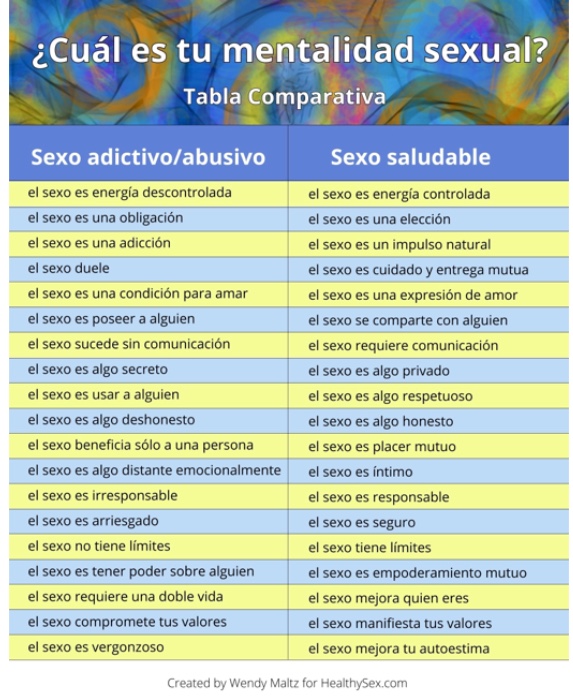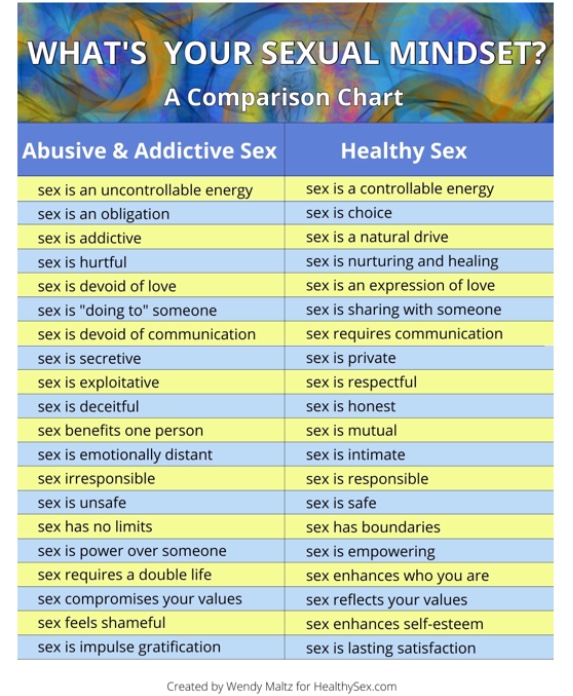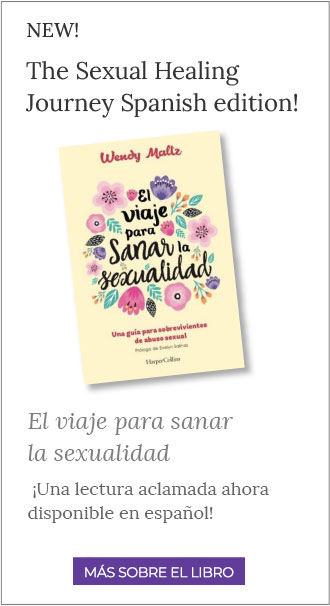Journalist Anndee Hochman provides helpful information about sex therapy in her excellent Web MD feature entitled, “Good Sex: 5 Therapists Share 5 Approaches to a Healthy Sex Life,” (WebMD Health & Sex, 4-6-2022). She presents the stories of real people getting help and finding solutions to sexual problems.
The article describes some therapeutic techniques and strategies employed by sexuality experts Marla Renee Steward, Juan Camarena, Emily Jamea, Alex Caroline Robboy, Wendy Maltz, and Lexx Brown James.
The healing strategies highlighted in the article include: increasing mutual understanding, improving comfort and stimulation techniques, being more patient, overcoming shame, utilizing mindfulness, building body awareness, tuning into sensation, bridging differences in desire, brief sensate focus exercises, relearning touch techniques, creativity, playfulness, working as a team, sex education, and self-empowerment.
You can access the whole article, here

















